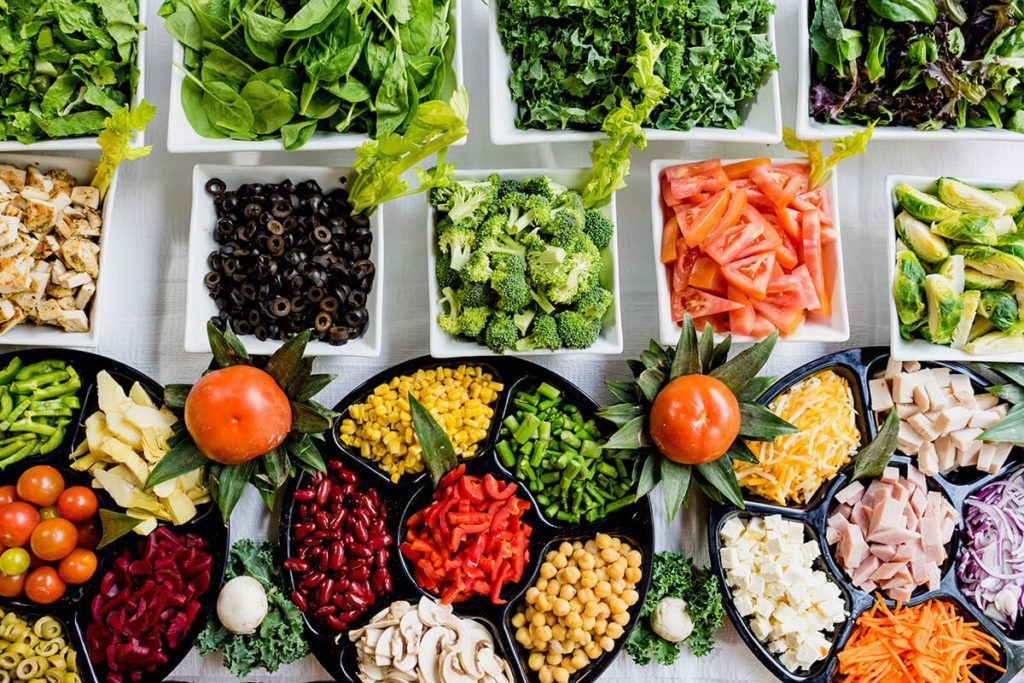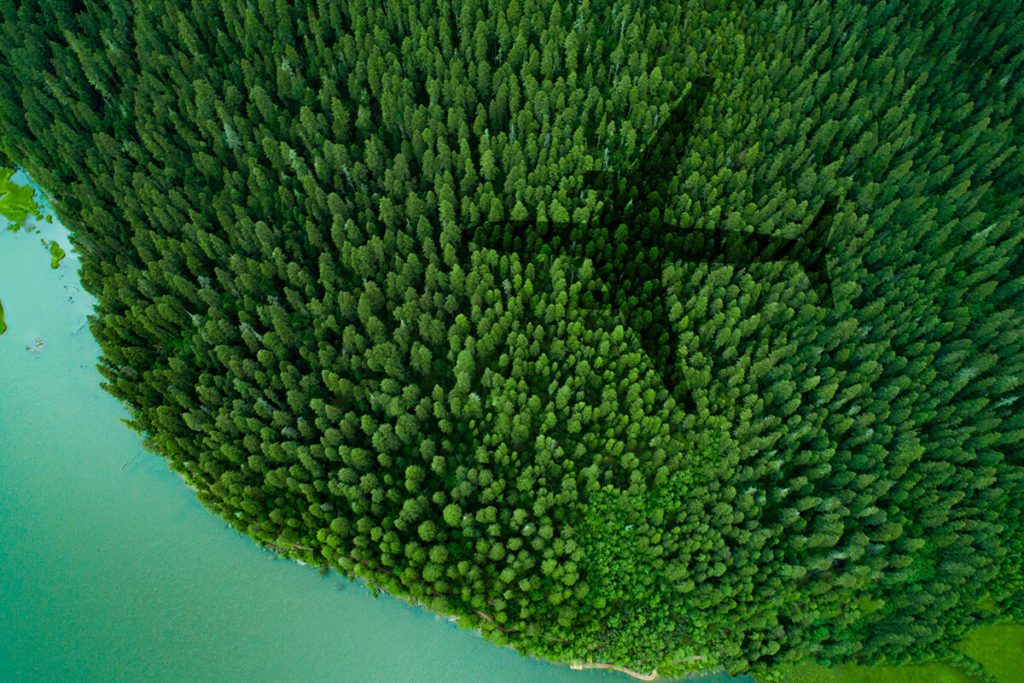Plastic Pollution
The challenges
Plastic is poisoning our planet. We have alternative technologies ready to replace it, but still we insist on using this totally unnecessary substance that’s wreaking unimaginable levels of damage on our environment.
Our plastic packaging addiction is just the tip of the iceberg; tiny toxic particles called microplastics are the elephant in the room. This is frightening stuff to say the least, but the solutions are well within our reach.
The facts
Close to the weight of the entire human population is produced in plastic, every year. Only about 9 percent is recycled.
Since the middle of last century, plastic production has been so colossal that scientists now consider it a defining characteristic of the current period of Earth’s history (the Anthropocene, meaning dominated by humans).
The UK produces more plastic waste per person than almost any other country- and dumps it abroad.
UK supermarkets produce 800,000 tonnes of plastic every year, the figure is growing not shrinking, and we are dumping it not on our own doorstep but on that of other countries. Burning into the atmosphere, leaching into the water system, causing serious health damage among local people on the other side of the planet.
Nobody knows for sure how long plastic at sea takes to break down. It’s possible that it never does.
The most conservative estimates say it probably takes a minimum of 450 years. And due to this extremely long life, our plastic rubbish has now spilled over into the very remotest corners of the earth, including Antarctica.
By 2050, there will be more plastic than fish left in our oceans.
Once in the sea, that plastic is killing sea life; turtles, dolphins and seabirds become entangled or injured by large pieces of plastic and mistake it for food.
Microplastics increase cancer risk, metabolic disturbances, and neurotoxicity- and they’re in our bodies, food, breast milk and faeces.
Clothes made from artificial materials shed microplastic fibres when they’re washed. Another type, microbeads, are washed down the plughole daily in our toothpastes and cosmetics. Impossible to filter from waste water, they then enter the food chain of the entire planet- including us.
This simply has to stop.
The solutions
Good news! Some progress has been made- supermarkets and manufacturers are starting to respond to growing public sentiment, and some of the worst known microplastics are beginning to see bans in certain countries. But all this is simply dwarfed by the ever-increasing production we’re seeing year on year.
Fortunately, the answer is simple and just two-fold:
Firstly, we each need to overhaul our own habits, today. Follow these 9 ways to reduce your own contribution to the plastic problem. Find out how your supermarket ranked in Greenpeace’s plastic league table, and take further steps at home via our Action checklists.
Secondly, we need to push hard for legislative change, and press those we know to do the same, to force corporations to produce less plastic. This starts with you, today, with this petition to the UK government.
Demand a new law to end plastic pollution
Every year we throw away millions of tonnes of plastic. And vast amounts of it finds its way into our soils, our rivers, our oceans, and the air we breathe. All this plastic pollution means a cocktail of harmful chemicals can be passed up the food chain.
Please sign Friends of the Earth‘s petition to tell the UK government that we need a new law to phase out plastic pollution.


